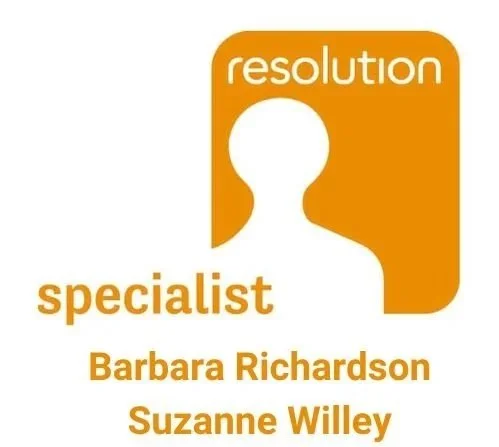For small and medium sized enterprises, commercial disputes can be costly. The average dispute is valued at around £18,000 and the cost to the entire small business community is £11.6 billion per year. Although situations do arise where disputes have to be contested right to the bitter end, most can be resolved more amicably – and many can be avoided in the first place with some good advice and a little forethought.
Why avoiding a dispute is a good idea
Primarily, avoiding a dispute is the best option because it prevents any loss at all, both to an individual business and the wider small business community. However, many small businesses find themselves in dispute situations by accident so setting your business up to ensure it’s not vulnerable to disputes is a key step to take. This may be something that management can structure alone internally, or this may be a good time to take advice from a solicitor about where potential vulnerabilities are and what are the classic legal pressure points in business relationships.
Protecting your business against a dispute
Each business is different and it’s always a good idea to take professional advice on how to tailor protection to your individual company. However, there are also some general dispute avoidance tips that can come in handy.
Record everything in writing. So many small business relationships are struck up on a friendly basis at a time when everything feels positive and mutually beneficial. However, remember that even the most loving relationships can end in divorce so, for the sake of avoiding disputes further down the line, make sure you record everything in writing. Contracts should be explicit and unambiguous – what are the responsibilities, obligations, costs and timings involved. Professionally drafted documentation is an investment you won’t regret.
Do your research. Do some due diligence on anyone you’re considering working with, from individual contractors to larger organisations. What is their reputation, what do former clients say, do they pass a credit check, can you establish proof of skill, experience and reliability.
Be prepared. Often, preparing for the worst can help to avoid it. Do you have a negotiation plan in place if something does go wrong? How will you approach difficult conversations about problems that arise over a contract? Who is responsible for dealing with this in your business? You’re much less likely to make mistakes out of fear and confusion if you’re prepared to handle a tough situation when it arises.
Make sure you’re on the same page. Have you discussed your expectations and objectives in clear and unambiguous detail? It’s crucial that everyone involved not only has a clear idea of what they want from the relationship but also what the other party expects. If not then confusion and conflict are bound to arise.
Be reasonable. If something goes wrong, look for a solution, rather than sticking to a point of principle or the letter of your contract. Giving way a little when it comes to ‘winning’ can save your business thousands - being able to compromise and act in good faith can result in avoidance of a dispute, including all its ancillary costs and fees.
If you would like to speak a Solicitor in Lancaster or Preston regarding a commercial dispute please call 01524 386500 or click here to send a message.










